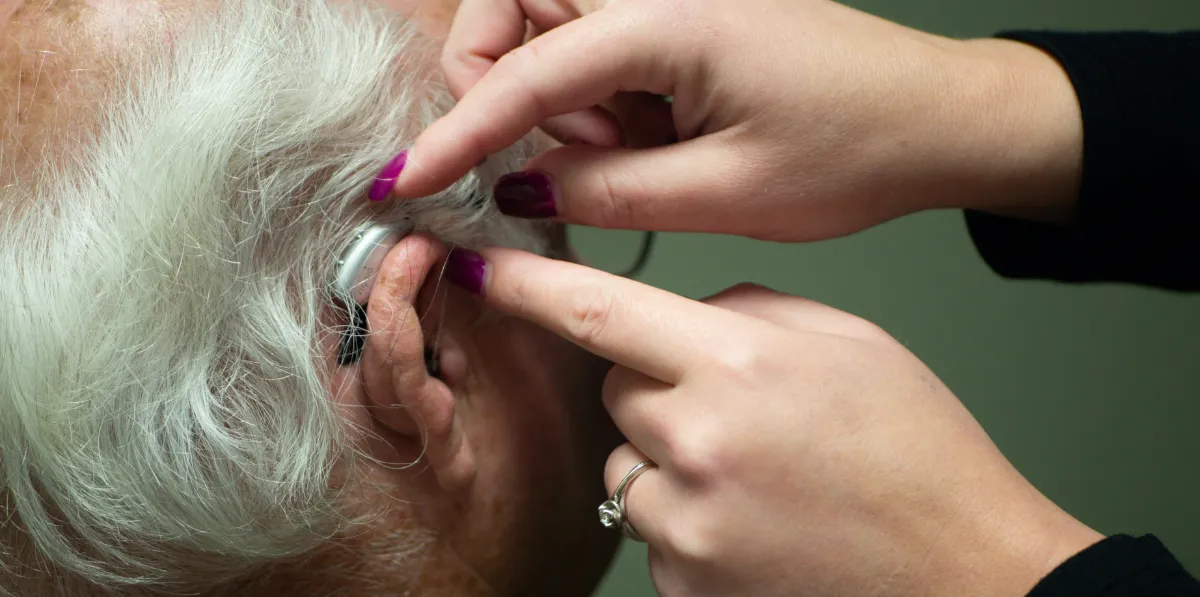
Recognising Service-Related Hearing Loss: The Signs Veterans Should Not Ignore
Hearing loss among veterans is far more common than many realise. For years, thousands of former service personnel have quietly lived with symptoms, believing they were simply part of getting older or something they had to accept. But for those who served, especially in roles around weapons systems, aircraft, armoured vehicles, engineering, demolition or ship machinery, hearing loss is often not age related at all. It may be directly linked to military service.
The silent injury many do not talk about
Unlike a visible physical injury, hearing loss often develops slowly. It can begin with subtle changes, and many veterans adapt without thinking about it. For example, nodding along during conversations even when unsure what was said, avoiding group gatherings, or turning up the television gradually over time. These behaviours can become normal without anyone realising they are masking a genuine health impact.
Common signs veterans often notice
Many veterans later report the same early signs, including:
• Difficulty hearing in crowded or noisy places
• Struggling to follow conversations unless face-to-face
• Regularly asking people to repeat themselves
• Turning up the television or radio louder than others prefer
• Tinnitus (ringing or buzzing in the ears)
• Sounded speech seeming muffled or blurred
• Trouble hearing children or female voices
These symptoms can appear years after service. Noise exposure has a cumulative effect. The inner ear does not forget trauma, even if decades have passed.
Why veterans minimise symptoms
Veterans are known for resilience. They have been trained to get on with things, adapt and keep going. That strength, while admirable, can sometimes delay support.
Many veterans say things like:
"I just thought it was age catching up with me."
"I did not want to bother anyone."
"It never occurred to me it could be from service."
But recognising symptoms is not weakness. Speaking up does not take away from service. It honours it.
The impact on everyday life
Hearing loss affects more than sound. It affects connection, confidence and identity. Veterans often share feelings of:
• Frustration at missing key moments in conversations
• Embarrassment when misunderstanding others
• Withdrawal from social situations
• Tiring easily because they strain to hear
• Feeling isolated even when surrounded by people
These are real effects, and they deserve proper recognition and support.
Why now is the right time to speak up
With the landmark military hearing loss trial underway, awareness and momentum are building. More veterans are asking questions, more families are encouraging loved ones to seek guidance, and support networks are growing stronger.
This moment matters. By stepping forward now, veterans can:
• Understand the cause of their symptoms
• Access guidance and specialist support
• Explore whether compensation may apply
• Receive validation for their experience
• Improve long-term quality of life
Support begins with a conversation
Justice4Heroes does not judge or rush veterans. We listen. We explain. We support. The first step is simply acknowledging that your hearing matters, your health matters, and your service matters.
No veteran should feel they have to cope alone or that they do not deserve help. You served this country. You protected others. Now it is time to protect your own wellbeing too.
